By Diego Cortés Chief of New Product Development
The world is changing and, with it, the products we consume. Join us to understand the role of sugar in chocolates and the new sweet alternatives available in the market.
Navigate through this content and understand the different variables influencing the role of sugar in chocolates:
- Chocolate and sweetness.
- New consumers.
- The chocolate experience matters.
- Benefits of Natural Sugar alternatives in chocolate
- How about non-sugar alternative sweeteners?
.webp?width=600&height=600&name=sweetnes-in-chocolate%20(1).webp)
Sweet is one of the five basic tastes. We know that. We also know that, worldwide, we associate sweets with happiness, joy, and pleasure. What comes to mind when we talk about sweetness? Well, for many, sweetness and chocolate go hand in hand.
Therefore, it is no surprise that Emily Luchetti used to say that, after eating chocolate, you feel godlike. The executive pastry chef was right. But where does the sweetness that takes us to Olympus come from?
Chocolate and sweetness
The short answer is sugar. In chocolate, depending on its type, that sweetness comes from different parts of the formula. It doesn't matter what kind of sugar it is; sweet flavours are greatly responsible for chocolate’s indulgent taste.
But does it all end there? Well, the story is a little more complex.
Sugar doesn't only provide chocolate with sweetness. It also gives body and texture. This element handles the mouthfeel of each chocolate. When we refer to the mouthfeel, we are talking about "the way an item of food or drink feels in the mouth, as distinct from its taste".
Yet not all sugars are the same. What happens when we change the chocolate formula? If we change the sugar in chocolate, not only does the flavour change, so does experience.
At Luker, the creation of each chocolate brings with it many elements. Since sugar handles the sweetness, texture, and body of chocolate, what happens when we look for alternatives to regular sugar?
It is not the same to talk about regular sugar, erythritol + stevia, maltitol, allulose, or coconut sugar.
New sugar consumers
As the world evolves, consumers do too. Most of them still do not want to sacrifice indulgence. And when it comes to products like chocolate, consumers continue to value the smooth and round sweet taste of sugar.
According to a sweetener study by Innova Market Insights (2021-2022), 59% of shoppers say that the type of sweetener is one of the most important things they consider when choosing new chocolate.

As the interest in health and awareness of food ingredients increase, consumers who are looking for less caloric product, or have specific health limitations related to sugar consumption, are searching for replacements. These are often sweeteners such as erythritol + stevia, maltitol, or allulose.
On the other hand, consumers who are looking for more naturality in their foods are turning to less processed natural sugars like coconut sugar, maple, panela, and agave, among others.
The Chocolate experience

Chocolate is not the same as it was before. The market has evolved. Today, consumption has changed. Consumers are no longer looking only for flavour. Now, even eating chocolate needs an experience to go with it. This is something we’re increasingly aware of.
In the words of Diego Cortés, Chief of New Product Development at Luker, “Every time we face the challenge of creating chocolate with alternatives to regular sugar, we focus on the experience. We do not want to resemble other chocolates; we want to create chocolates that provide a different sensory experience”.
Our portfolio is proof of that. We know that each consumer is looking for a different story. We are creating chocolates that are a complete experience for the palate, without neglecting other elements. This includes the origin of the ingredients.
The fact that Colombia is the world's second-largest producer of panela, after India, is important to the new consumer. That's why we take care of each ingredient in the value chain.
Benefits of Natural Sugar alternatives in chocolate
According to Diego Cortés, white regular sugar has been the king sweetener on the market for a long time. But today, we’re looking for sources of sweetness with other origins.
If we talk about natural sugar alternatives, we are talking about products that are less processed than regular refined sugar. With different processes, higher nutritional value, and different value propositions.
There are several points to keep in mind. If we mention coconut sugar, the glycemic index, for example, has less of an impact on blood glucose levels.
How about non-sugar alternative sweeteners?
In the case of Erythritol + Stevia – a very popular option – the sweetness provides zero calories per gram, compared to normal sugar which provides four. This makes this combination a better option for diabetic consumers.
Maltitol, or allulose, which are trending sweeteners, are great options for consumers considering calorie count. This is also the case for consumers looking for less chemical and less processed confectionery products.
In conclusion, the word is changing. And with it, so are the consumers and products that shape the market. It’s a fact. The substances people put into their bodies matter more each passing day. According to Innova Market, only in the US market, the better-for-you chocolate category was valued at USD 1,3 billion in 2021.
Chocolate should always be sweet. But as consumers become more interested in their own health, and conscious about the ingredients in the food they love, pushing the boundaries in R&D can help us find solutions to satisfy all tastes. With our portfolio, you can take advantage of these growing market opportunities. It’s time to join the conversation.
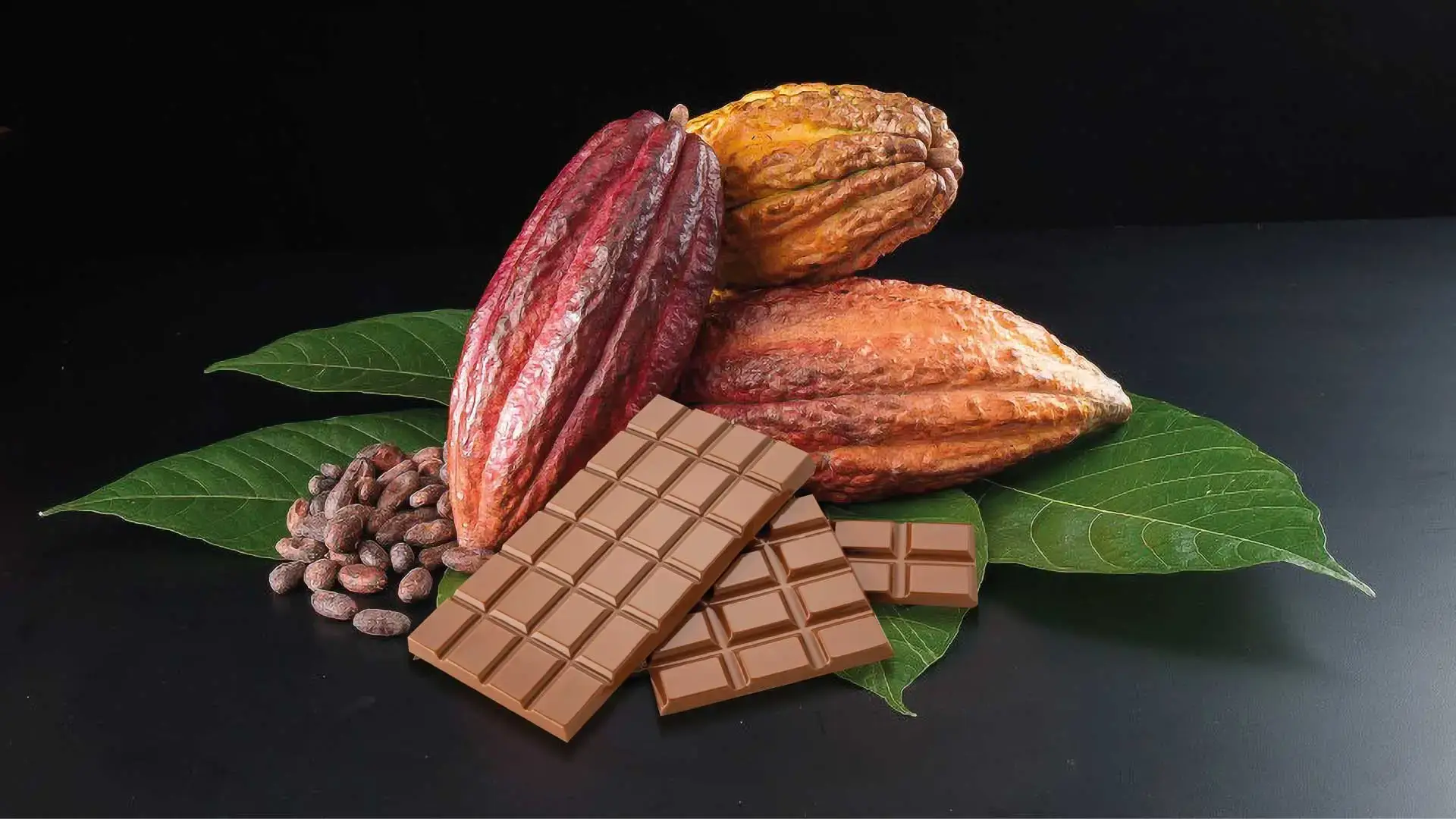











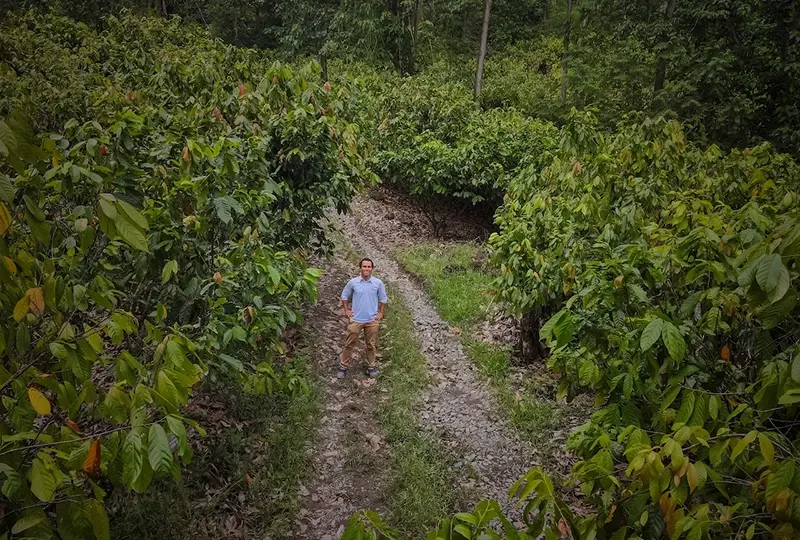
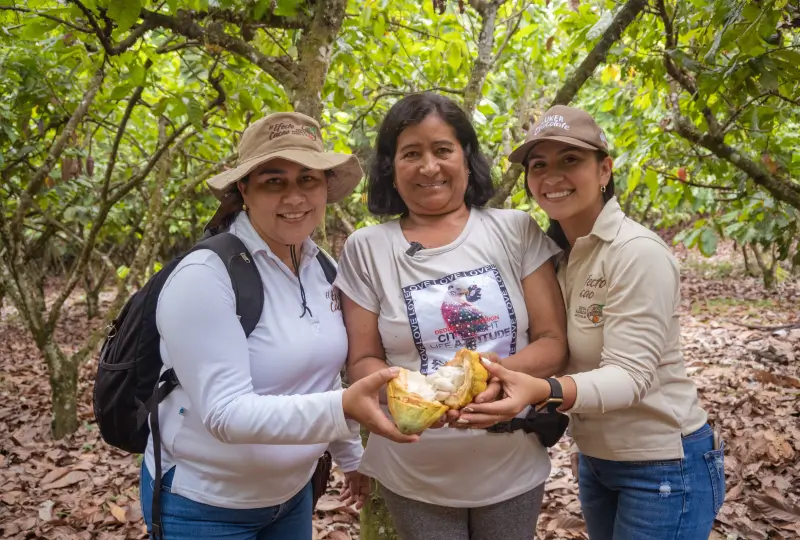


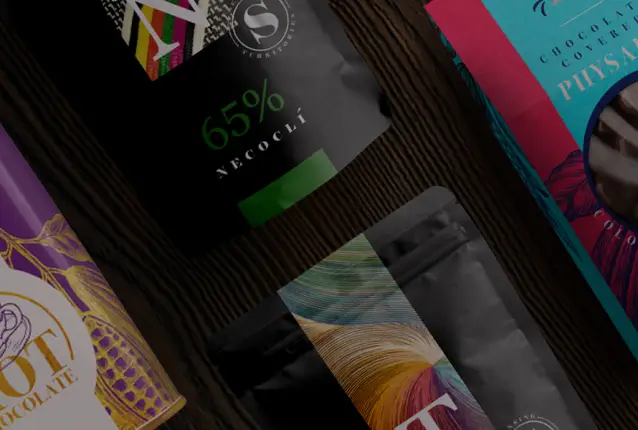

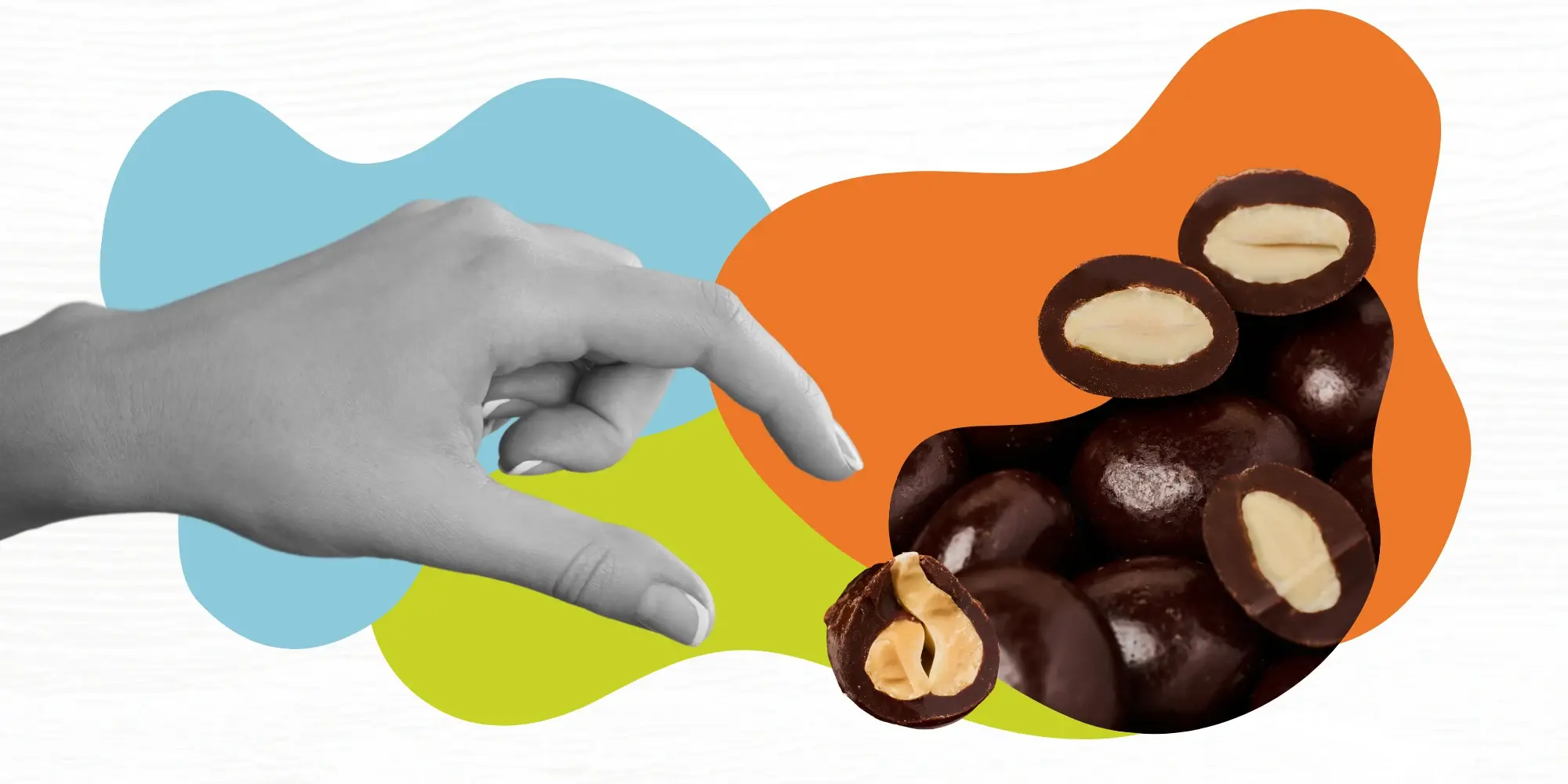

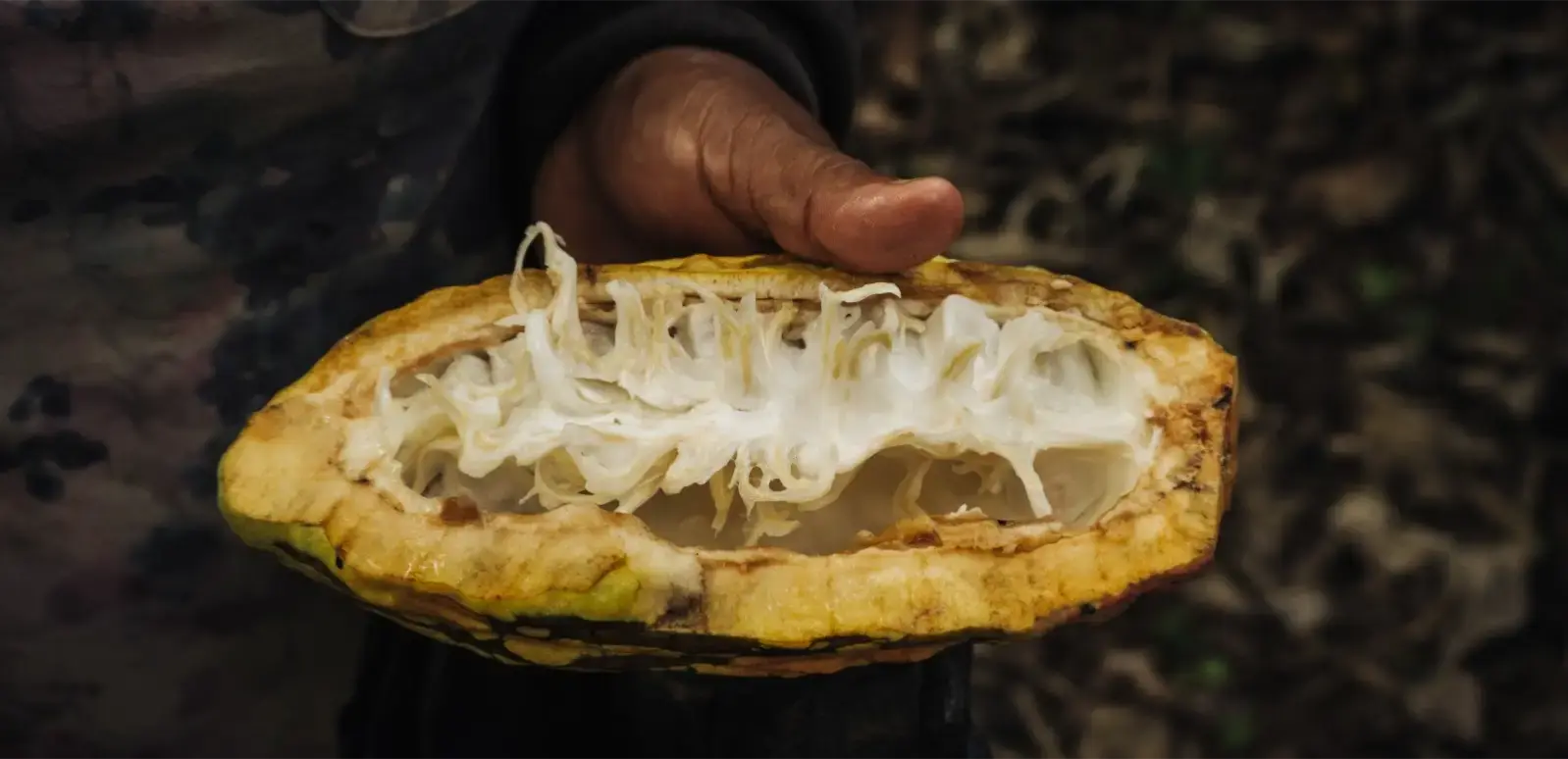
.webp)

